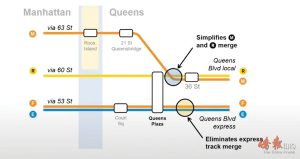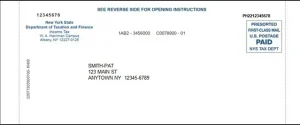Setting up beneficiaries for 401(k) and IRA accounts is more effective than a will.
CNN reported on the 23rd that carefully planning who will inherit your money after your death and understanding the estate distribution process can help prevent difficult situations for your family members a century later. It’s crucial to designate beneficiaries for financial accounts, including 401(k)s, individual retirement accounts (IRAs), life insurance, annuities, brokerage accounts, and bank accounts.
![]()

CNN reported on the 23rd that carefully planning who will inherit your money after your death and understanding the estate distribution process can help prevent difficult situations for your family members a century later. It’s crucial to designate beneficiaries for financial accounts, including 401(k)s, individual retirement accounts (IRAs), life insurance, annuities, brokerage accounts, and bank accounts.
If a financial account has designated beneficiaries, upon the account holder’s death, the funds in the account will go to the designated beneficiaries, regardless of any other provisions in the account holder’s will.
Probate attorney Jeffrey R. Gottlieb says that if an account has a designated beneficiary and the beneficiary is still alive, it has legal effect over and above a will or trust, unless the designated beneficiary is a trust.
Designated beneficiaries allow the beneficiaries to access the funds quickly, as accounts with designated beneficiaries avoid the court process of probate. During the probate process, the court verifies the authenticity of the will, calculates the deceased’s outstanding debts and unpaid expenses, and then distributes the net proceeds of the will to the heirs.
If the designated beneficiary of a financial account is an estranged family member, the distribution of assets after the account holder’s death may become a dispute, such as if the designated beneficiary is an ex-wife or ex-husband, or if the designated beneficiary has long since passed away.
Gottlieb analyzes that it is important to keep beneficiary designations updated as major life changes occur.
If the designated beneficiary has passed away, the secondary beneficiary’s designation depends on how the beneficiary designation form was originally filled out in the account.
For example, if a 401(k) account holder wishes for their brother to receive half of the account balance upon their death, but their brother passes away before them, whether the funds originally intended for the brother’s account will be distributed to his children, the secondary beneficiary, or even other beneficiaries or charities can be planned in advance.
Estate attorney John Rossi said that if a financial account does not have a beneficiary set up, the money in the account will be included in the estate after the account holder dies and must go through the court’s probate process.
![]()







